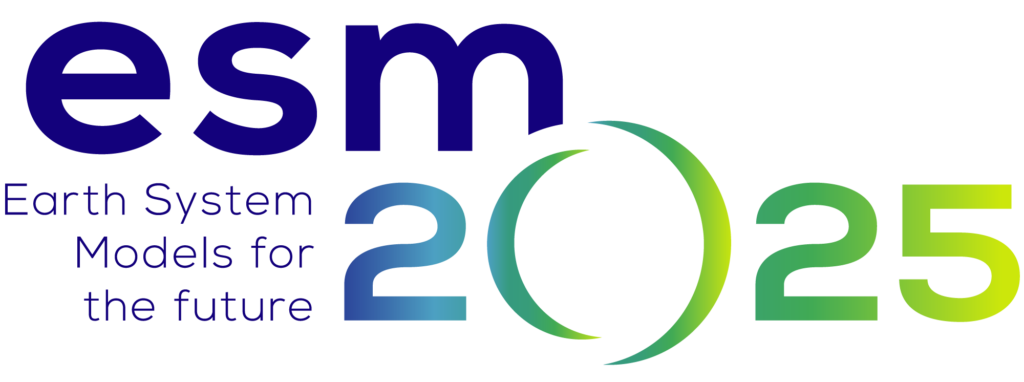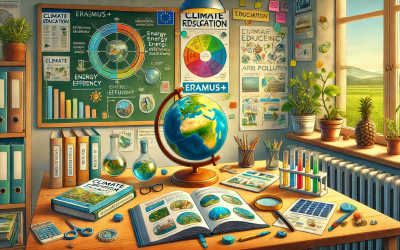Belgium
Bilgesu Tutal
English
–
Erasmus+ school education projects provide valuable opportunities to integrate climate and environmental education into curricula across Europe. By using high-quality resources, educators can enhance student learning and provide effective training for fellow teachers.
ASSET Project: Environmental Learning Materials for Schools
The Assistance for Skilled Environmental Teaching (ASSET) Project brings together seven partner countries—Spain, Hungary, Romania, Turkey, Belgium, Croatia, and Serbia—to develop educational programs on environmental topics for students aged 12-14. The program includes:
✔️ A Methodological Guidebook for Teachers
✔️ Environmental Learning Materials with 16 classroom activities per topic
The topics covered include:
🔹 Circular Economy
🔹 Energy Efficiency
🔹 Air Pollution
🔹 Soil Degradation
🔹 Farming and Food
🔹 Water Management
🔹 Oceans
For the Energy Efficiency section, OCE resources were used to strengthen the content, including:
✅ The “Greenhouse Effect Analogy” and “Carbon Cycle Multimedia Activity” (Lesson: Energy Consumption and Climate Change)
✅ The “How Do You Feel About Climate Change?” and “How Can We Act?” multimedia activities (Lesson: Global and Individual Efforts for a Carbon-Neutral Future)
These materials will soon be available in multiple languages, including French, Spanish, Hungarian, Romanian, Croatian, Serbian, and Turkish, expanding access for educators across Europe.
Teacher Training for Climate and Sustainability Education
Beyond curriculum development, Erasmus+ projects also offer opportunities for teacher training. In a recent initiative, a 6-hour online training session was conducted with 150 teachers from Türkiye, Austria, Poland, and North Macedonia, focusing on biodiversity, sustainability, and climate change.
OCE resources proved valuable in this training, particularly:
✅ The “Land Food Webs Multimedia Activity” (Biodiversity topic)
✅ Various teacher guides and multimedia resources for climate change education
These resources provide practical classroom applications and support teachers in integrating climate education into diverse curricula.
Scaling Climate Education Across Europe
This example illustrates how Erasmus+ projects can leverage existing climate education resources to enhance student engagement, train teachers, and strengthen environmental literacy. As more educators incorporate these materials into their initiatives, the impact of climate education continues to grow.


